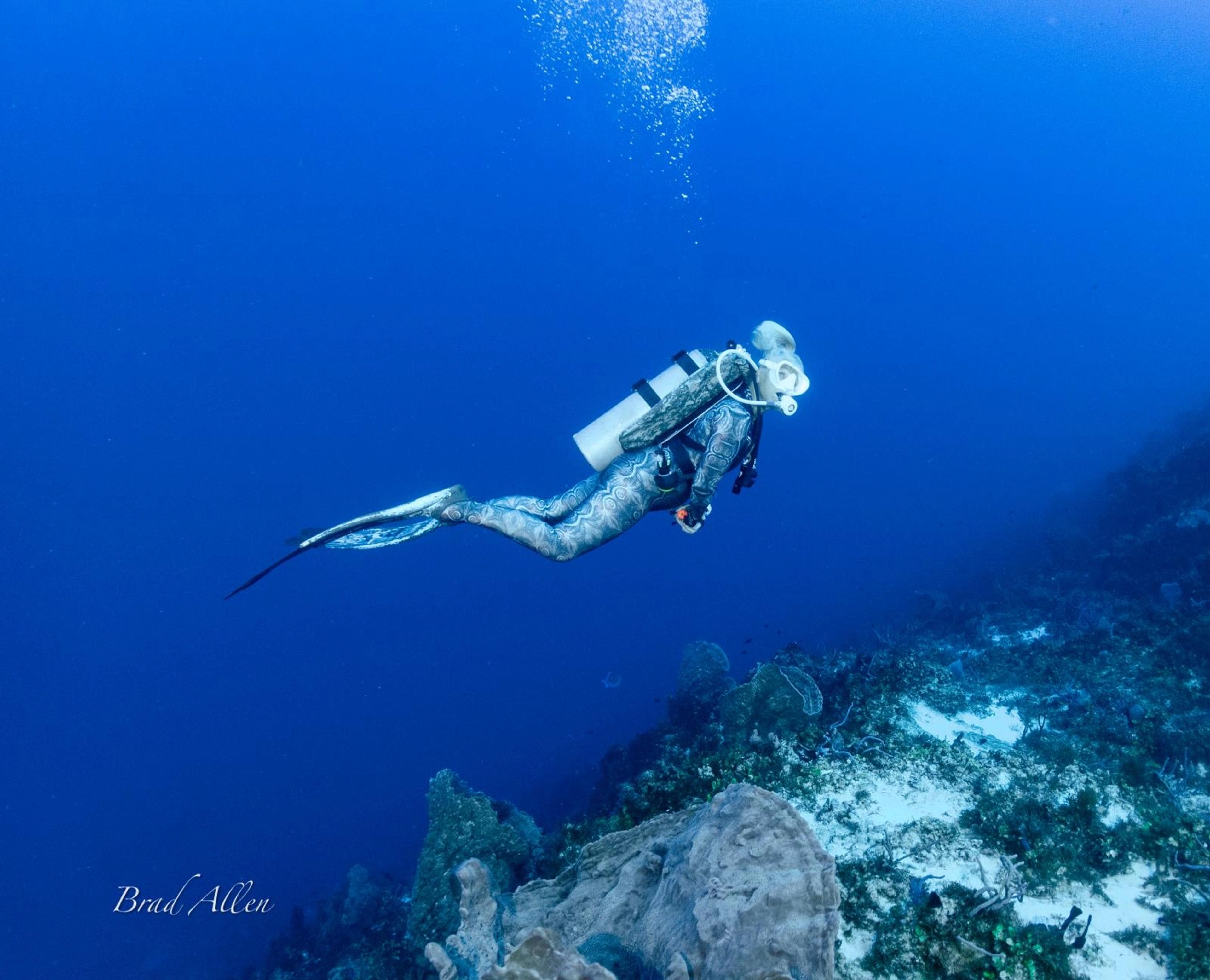Explore the wonders of Cozumel's marine ecosystems

![[object Object]](/_next/image?url=https%3A%2F%2Fcdn.sanity.io%2Fimages%2Fnbtqv76b%2Fproduction%2F4d6d8f7fa38b5ea6df15be2cfd02ad1e542117e9-4000x2667.jpg%3Frect%3D0%2C334%2C4000%2C2000%26w%3D2000%26h%3D1000%26fit%3Dmax%26auto%3Dformat&w=3840&q=75)

Cozumel's reefs are vibrant underwater ecosystems filled with colorful corals, diverse fish species, and captivating marine life. From the shallow coral gardens to the dramatic drop-offs, each dive site offers a unique adventure, where you can encounter eagle rays, sea turtles, and explore intricate coral formations
How do we protect it?
Cozumel's reefs are not only a treasure for divers and snorkelers but also crucial ecosystems that support a myriad of marine life. So protecting these delicate underwater worlds is imperative to ensure their survival for future generations to enjoy. Here are some ways we can contribute to the preservation of Cozumel's reefs:
Responsible Diving and Snorkeling Practices: Educating ourselves and others about responsible diving and snorkeling practices can significantly reduce the impact on the reefs. Avoid touching or standing on coral formations, maintain neutral buoyancy, and refrain from feeding or harassing marine life.

Supporting Marine Protected Areas (MPAs): Cozumel has designated marine protected areas where fishing, anchoring, and other potentially harmful activities are regulated or prohibited. Supporting these MPAs through advocacy and visiting responsibly helps conserve the reefs within their boundaries.
Reducing Pollution: Pollution from land-based sources, such as runoff from agriculture, sewage, and plastic waste, poses a significant threat to coral reefs. We can reduce our carbon footprint by minimizing the use of single-use plastics, properly disposing of trash, and supporting initiatives that promote recycling and waste management.
Sustainable Tourism Practices: Cozumel's economy relies heavily on tourism, but unsustainable tourism practices can harm the reefs. Choosing eco-friendly tour operators and accommodations that prioritize environmental conservation and minimize their impact on the reefs can help ensure their long-term health.
Community Engagement and Education: Engaging with local communities and supporting initiatives that promote environmental education and awareness is crucial for fostering a culture of conservation. By empowering local residents to become stewards of their marine resources, we can create lasting change.
Scientific Research and Monitoring: Supporting scientific research and monitoring programs helps us better understand the threats facing Cozumel's reefs and develop effective conservation strategies. Citizen science initiatives also provide opportunities for individuals to contribute valuable data and observations.
Policy Advocacy: Advocating for policies that protect marine habitats and regulate activities that threaten the reefs, such as overfishing and coastal development, is essential at local, national, and international levels. By voicing our concerns and supporting conservation-minded policies, we can influence positive change.
By collectively taking these actions, we can play a part in safeguarding Cozumel's reefs and preserving them as vibrant and thriving ecosystems for generations to come
![[object Object]](/_next/image?url=https%3A%2F%2Fcdn.sanity.io%2Fimages%2Fnbtqv76b%2Fproduction%2Fe88dce1b1124883063f5213cc75ce038f6eba107-4000x2667.jpg%3Frect%3D0%2C334%2C4000%2C2000%26w%3D2000%26h%3D1000%26fit%3Dmax%26auto%3Dformat&w=3840&q=75)
![[object Object]](/_next/image?url=https%3A%2F%2Fcdn.sanity.io%2Fimages%2Fnbtqv76b%2Fproduction%2F4ec5289f27aaf45ce174a211115b9bd0ed554d79-3845x2563.jpg%3Frect%3D0%2C321%2C3845%2C1923%26w%3D2000%26h%3D1000%26fit%3Dmax%26auto%3Dformat&w=3840&q=75)